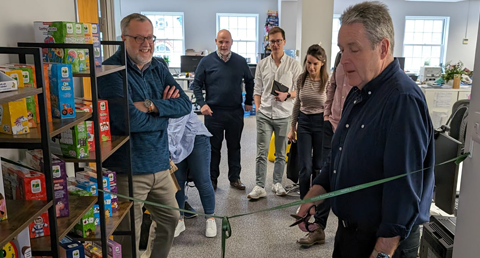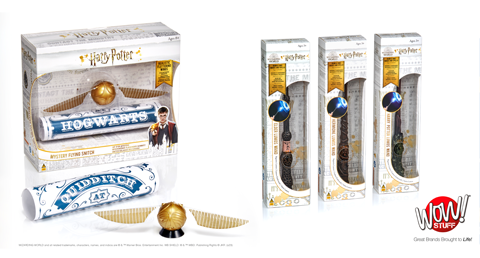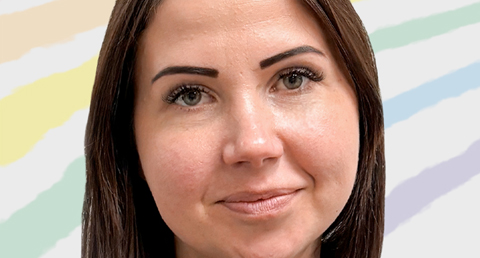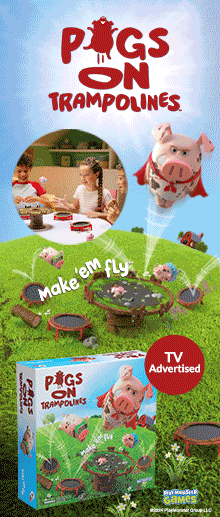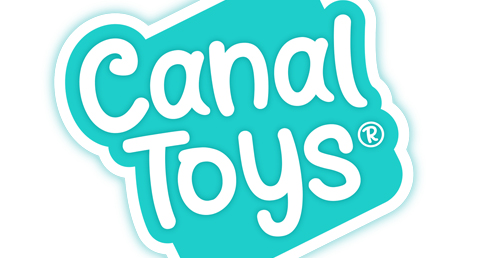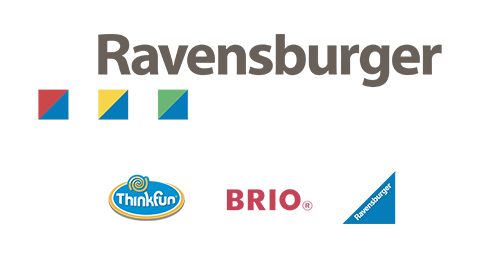The new study uses neuroimaging for the first time to explore the effects of doll play, and reveals that it helps children develop empathy and social processing skills.
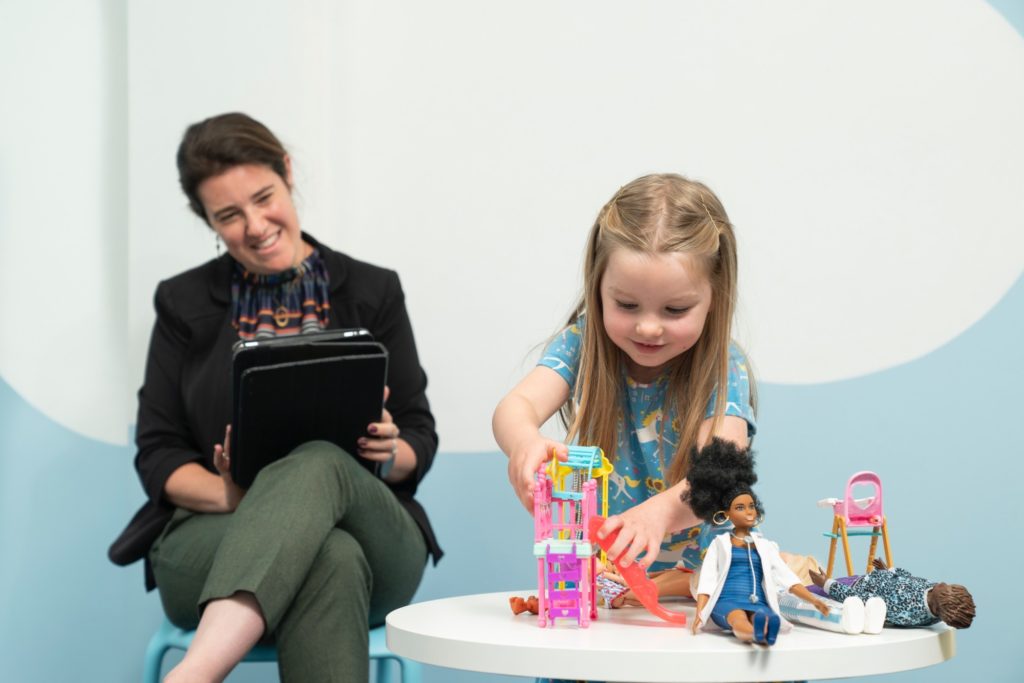
Dr. Sarah Gerson, with Phoebe, age 4, who lives in Caerphilly in Wales alongside her Mum, Charlotte.
Over the past 18 months, senior lecturer Dr. Sarah Gerson and colleagues at Cardiff University’s Centre for Human Developmental Science have used neuroimaging technology to provide the first indications of the benefits of doll play at a brain level. Through monitoring the brain activity of children, as they played with a range of Barbie dolls, the team found that the posterior superior temporal sulcus (pSTS), a region of the brain associated with social information processing, was activated even when the child was playing on their own. The benefits of solo doll play were shown to be equal for both boys and girls.
Dr. Gerson explains: “This is a completely new finding. We use this area of the brain when we think about other people, especially when we think about their thoughts or feelings. Dolls encourage children to create their own little imaginary worlds, as opposed to problem-solving or building games. They encourage children to think about other people and how they might interact with each other. The fact that we saw the pSTS to be active in our study shows that playing with dolls is helping them rehearse some of the social skills they will need in later life. Because this brain region has been shown to play a similar role in supporting empathy and social processing across six continents, these findings are likely to be country agnostic.”
The findings of the study show that when children played alone with dolls, they showed the same levels of activation of the pSTS as they do when playing with others. When children were left to play tablet games on their own, there was far less activation of the pSTS, even though the games involved a considerable creative element.

Dr. Sarah Gerson, a neuroscientist who led a team at Cardiff University in partnership with Mattel.
To understand the relevancy of these neuroscience findings, Barbie independently commissioned a global survey of parents in 22 countries. Results showed that 91% ranked empathy as a key social skill they would like their child to develop, but only 26% were aware that doll play could help their child develop these skills. During this time at home, parents are increasingly worried about ensuring their child is developing social development skills, with more than 70% saying they are concerned about how isolation might affect their child and how they interact with others. Similarly, 74% of parents are more likely to encourage their child to play with a toy if they knew it was proven to help their child develop social and emotional skills, like empathy.
“As leaders in the dolls category, we’ve always known that doll play has a positive impact on kids, but up until now, we have not had neuroscientific data that demonstrates these benefits,” says Lisa McKnight, SVP and global head of Barbie and Dolls, Mattel. “The findings of this research highlights that playing with dolls, such as Barbie, offers positive benefits in preparing children for the future through nurturing social skills like empathy. As we continue to inspire the limitless potential in every child, we are proud to offer dolls that encourage skills we know are highly valued by parents and are determinants in children’s future emotional, academic, and social success.”
Barbie will be supporting these findings with an online hub, Barbie.com/Benefits, featuring resources for parents, caregivers, and children. These resources have been developed alongside leading empathy expert, writer, and educational psychologist, Dr. Michele Borba.
The results of the study have been published in Frontiers in Human Neuroscience as ‘Exploring the Benefits of Doll Play through Neuroscience.’ Recognising that this study is a first step towards understanding the positive impact of doll play with further research required to build on these initial findings, Dr. Sarah Gerson and the Cardiff University team along with Mattel, have committed to further neuroscience studies in 2021.






